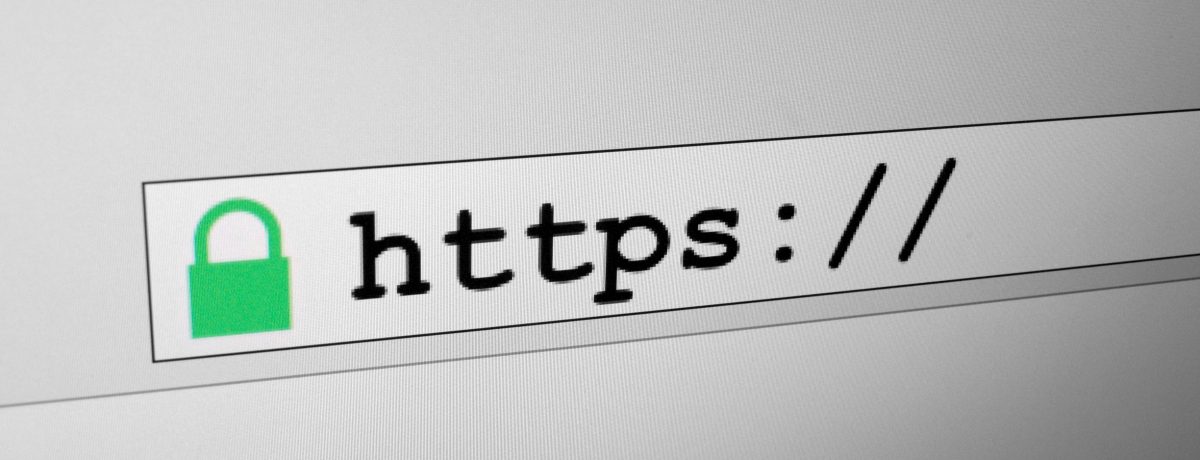

As you progress on your Search Engine Optimisation (SEO) campaign, you stumbled upon several issues pertaining to URL optimisation. Suddenly, you asked yourself: “Why do I need to optimise URLs?” The answer lies in this sample:
www.dgdhomerepairservice.com/service.php?id=1234&color=6&size=8&session=678
This is a dynamic URL. Search engines can read this. They know that this link directs them to a specific web page. However, they do not like this. So more often than not, this URL will not be indexed. What about the users? Certainly, they will not understand this. This does not make any sense to them; hence, they may not click this URL and you lose your chance to increase Internet hits.
www.dgdhomerepairservice.com/why-call-for-a-home-repair-service
If an Internet user is concerned about his home and has not made up his mind whether to call for a home repair service or do it on his own, he may type this phrase in the browser: Why is home repair service better than doing it on my own? Search engine robots will then start to crawl. If they find your URL, which has the keyword phrase “home repair service” matches the inquiry of the user, they will definitely index it. If you are so fortunate, this link will land you on the first page of search results all because it bears the appropriate keyword or keyword phrase. This is because search engines crave for relevance and uniqueness in links.
Reading all these, you surely realize the importance of optimising your URLs and you think you are all set to do it? Not yet. You still have to learn more.
There is no rule that prevents you from creating long URLs. However, it is a waste of time. It will also create a negative impact on your SEO drive. The longer words you write on your URLs, the more possibility of you decreasing the value of your links to search engines. Long URLs also affect click-through rates and weaken their ranking power in search result pages.
If you want Google and other search engines read your URL word per word, use dashes instead of underscores. If you use dashes for the static link above, they will read it like this: why call for a home repair service. You are likely to be indexed. If you use underscores, they will look at it like this: whycallforahomerepairservice. You lose your chance then to be included in the list of search results.
It is a known fact that to optimise URLs, keywords must still be visible. However, some tend to abuse this. They think that to rank better, they should stuff it with their keywords. This is wrong. This will only bring confusion to search engines. They will be penalised for this.
Again, because website owners crave for exposure, they assign more than one URLs to only one web page. This is an erroneous SEO tactic; thus, must be stopped. This will only lead to lesser crawling possibilities. Search engines may also think that you practice duplication of content and may penalise you for this.
Search engines and users alike should be able to deduce what your website is actually about when reading the URL. Even when you add important keywords and remove any excess words you should still end up with a legible and easy to understand URL.
Make sure that the location of the page is just as intuitive as the name is. The subdirectory and subdomain of the page should be evident from reading the URL. This way, both search engines and users will be happy with the results of their search.
The title of your page is one of the main attractions. If possible, you should strive to make the URL as similar to your title as possible. This way you will end up with even more viable keywords that match the content of the page.
If a URL matches the title closely, it gives the user a greater sense of what the web page is about. The URL lets you know what to expect from the content. Delivering on this expectation is going to positively affect users.
When sharing links on social media, the similarity between the URL and title is something that could mean the difference between people clicking on it and people ignoring it.
If your title or your headline contains stop words you might be tempted to have the URL match it. After all, you’re supposed to make it as similar to the title as possible. Stop words are the only exception to this rule. You can completely avoid them when writing your URL.
It’s not absolutely necessary to remove stop words, but it can help with URL readability. They create an unnecessary pause between crucial words. Consider the fact that they also prolong the URL, which is something that you should avoid. The context definitely matters. If the stop word is crucial for understanding the URL, you are free to leave it in.
There are a lot of characters that URLs can’t properly integrate into themselves. These usually include rare punctuation and letters from different languages. When inserted into a URL, they form a string of hard to read gibberish which makes your URL look a lot more chaotic. It would be much better if you could just avoid these characters.
Not only are they an ugly addition to any web page, but they also pose a potential danger for certain browsers. The page that features them in its URL could crash or malfunction. Worse yet, it could lead to crawlers skipping it.
You are already familiar with the fact that unnecessary length is something to avoid when it comes to URLs. What you might not know is that the number of compartments that contain words in your URL should also be shortened. Having too many gives the impression of site depth and complexity, which could confuse search engines and users alike. If possible, try to keep the compartments or “boxes”, as they’re known, to a minimum.
Optimising your URL is a risk – but it is a good risk to take. It will significantly contribute to your goal to land on the first page of search results and to generate website traffic.


How to Develop a Unique Digital Marketing Strategy for E-Commerce


How to Generate Traffic from Facebook Page
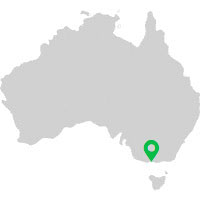

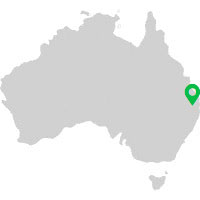

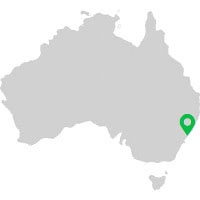

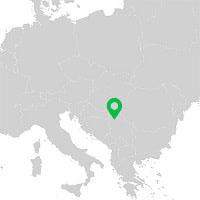

Dunavska 13
21000 Novi Sad, Serbia